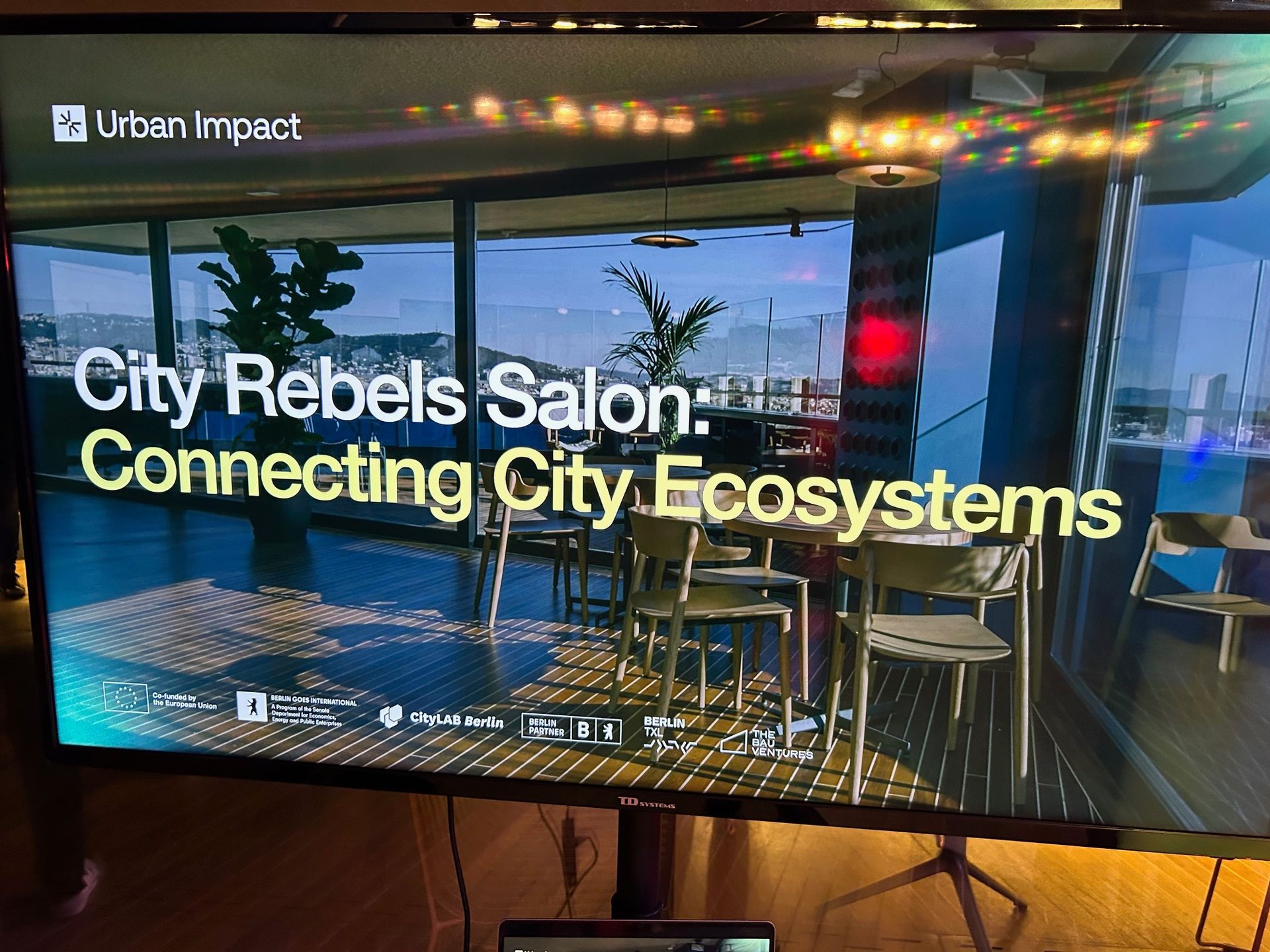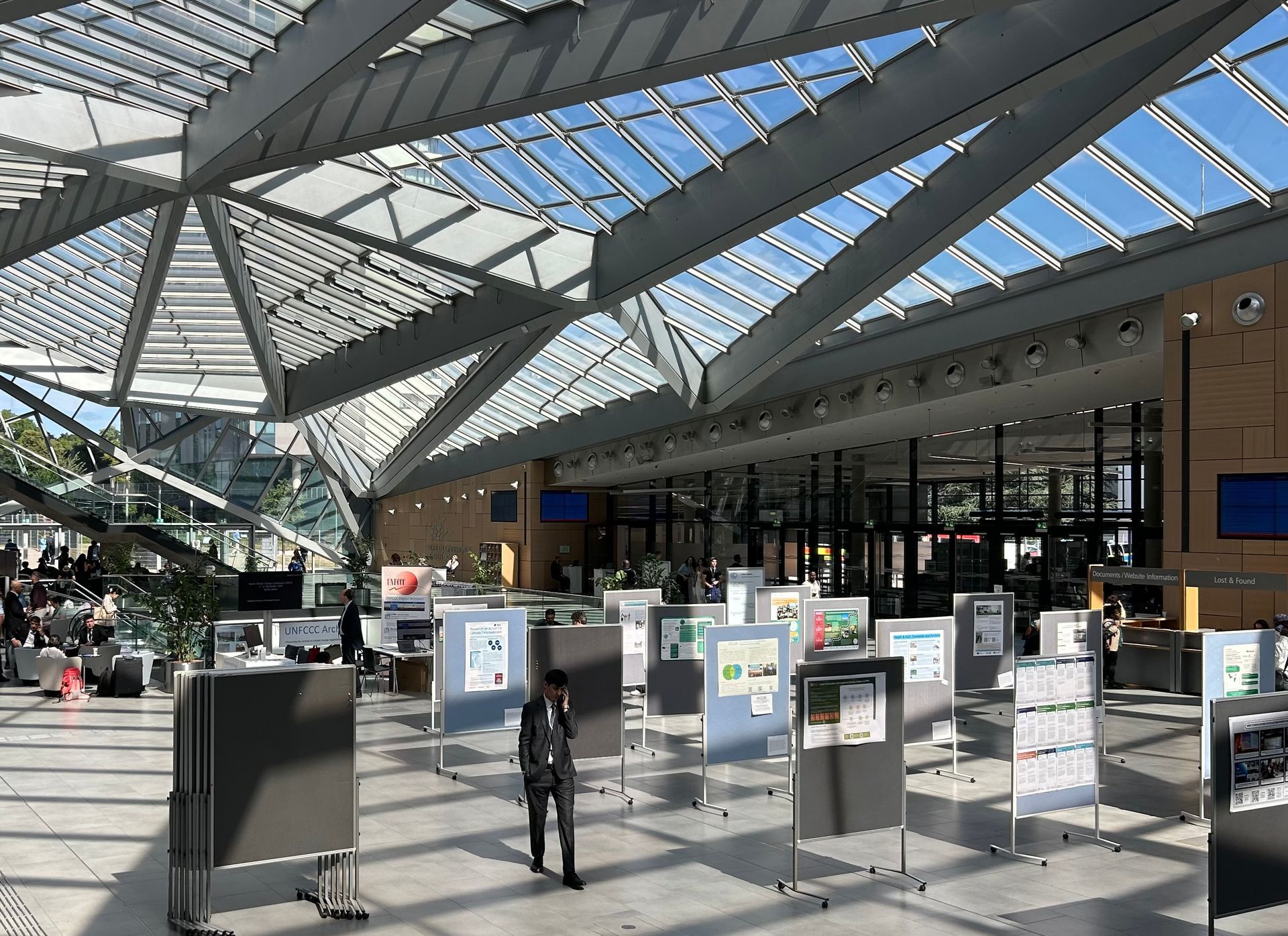The High-Level Political Forum on Sustainable Development in search for the future of the 2030 Agenda and SDGs

Gutierrez: Rather than progress we are moving away from our goals
The Secretary General has mentioned already several times since early 2020 that the 2030 Agenda with its Sustainable development Goals (SDG) is off-track. Now, in July 2021, this acknowledgement was reflected in most speeches at the High-Level Political Forum on Sustainable Development (HLPF), which is the subsidiary body of the United Nations responsible for the entire organization's policy on sustainable development.
UN Secretary-General António Guterres noted the dramatic situation in his opening address to the Ministerial Segment of the HLPF on Tuesday, 13 July 2021:
“While the High-level Political Forum (HLPF) is intended to assess progress on the 2030 Agenda for Sustainable Development, we must face facts. Rather than progress we are moving away from our goals.”
Many speakers noted how the pandemic has exposed and exacerbated systemic inequalities and rolled back decades of progress, pushing more than 100 million people back into poverty. The IISD Earth Negotiations Bulletin report of main proceedings for 13 July 2021 summarizes how the ECOSOC President Munir Akram (Pakistan), UN General Assembly President Volkan Bozkir, the President of Indonesia Joko Widodo or Marta Lucía Ramírez Blanco, Vice President of Colombia described with their own words the dramatic situation which is exacerbated by the Covid-19 pandemic.[1] The impact of COVID-19 on the 2030 Agenda for Sustainable Development (2030 Agenda) and its Sustainable Development Goals (SDGs), loomed large over the 2021 HLPF.[2]
Six years after adoption of the 2030 Agenda for Sustainable Development, key questions remain on the implementation of the Sustainable Development Goals (SDGs). How do we get on track to end poverty and hunger, and transform towards inclusive and sustainable economies? How do we revamp and transform consumption and production and address and mitigate climate change? And what should we do about the 21 SDG targets that matured in 2020 and have not been fully achieved? These were some of the topics the High-level Political Forum on Sustainable Development addressed.[3]
Understanding the SDGs not only as challenge but as a way to cope with other challenges?
In spite of the sober assessment of the current situation politicians and experts used the HLPF right from the beginning to search for opportunities to overcomes crisis and bring the 2030 Agenda back on track. The message soon became clear: The 2030 Agenda is not only a challenge for Member States but it can be a tool helping to overcome current challenges.
For instance, UN Economic and Social Council (ECOSOC) President Munir Akram (Pakistan) who opened the session, said that Member States must be guided by the 2030 Agenda for Sustainable Development and the Addis Ababa Action Agenda on financing for development to face current challenges and use the HLPF to demonstrate our unwavering commitment to the 2030 Agenda. ECOSOC Vice President Juan Sandoval Mendiolea presented key messages from the ECOSOC Integration Segment, including restoring trust in institutions and rebuilding the social compact; leaving no one behind; eliminating inequalities; economic recovery guided by satisfying human needs and the environment; a new more equitable and sustainable model of development; global digital connectivity; high-quality reliable data; finance; and an improved ECOSOC.
One approach to search for better implementation was to ask how local authorities can be better supported. An entire special session of the HLPF was dedicated on the role of cities and local authorities in SDG implementation because many SDG targets can only be achieved through extensive local action. The Congress of Local and Regional Authorities, Council of Europe, emphasized that cities, towns, and regions need to have “the authority to act, the skills to implement, and the voice to share their experience.”
Speakers presented cases from several countries and they explained the value of conducting and supporting voluntary local reviews (VLRs), noting that:
- they have advanced SDG implementation by translating the Global Goals into concrete community actions and solutions;
- they enable direct engagement between the UN and cities, which are the best positioned level of government to inform policy on building back better from COVID-19;
- they help a community reflect on efforts and identify challenges and areas that need attention; and
- they can help dissolve “local silos.”[4]
Localization and mainstreaming SDGs to achieve goals
As it happens often at major conferences the more interesting discussions take place during side events. That's the way it was also at the online 2021 HLPF. While the official sessions were filled with formal reports and political statements some side events gave a glimpse on what needs to be done more concretely. One of these side events was the session “Accelerate Post-Pandemic Recovery and SDG Localization through joined up local action” organized by Local2030[5]. To accelerate SDG implementation at the local level, Local2030 brings together leaders from national, regional, and local governments, the United Nations, private sector, civil society, philanthropy and academia to collaboratively develop and implement solutions that advance the SDGs at the local level. The side event at the HLPF was co-organized with UN-Habitat and UNDP.
Amina Mohammed, Deputy Secretary-General of the United Nations underscored the importance of joint commitments at national and local level for localizing the SDGs and an inclusive, resilient and sustainable recovery. Maimunah Mohd Sharif, UN-Habitat Executive Director looked at the many challenges and said that it needs champions which lead the way and serve as inspiration and role model for others. Emilia Saiz of UCLG added in her statement that there is a need for a focus on service delivery. The impact of the work must become visible and it needs to be achieved in a multistakeholder partnership. Lara Blanco, Deputy Director of the Sustainable Development Unit in the Executive Office of the Secretary General talked about capitalizing on Covid 19. She set the tone by underscoring that goal achievement is not only a technical and financial challenges but that it has a human dimension: It needs compassion, empathy and solidarity to succeed.
In the side event’s segment on SDG monitoring and reporting for long-term development planning Shipra Narang Suri, Chief of the Urban Practices Branch at UN-Habitat and moderator of the segment explained that for excellent planning of action it needs data and information broken down to the neighborhood level. Amson Sibanda, Chief of the National Strategies and Capacity Building Branch UNDESA seconded but pointed to the fact that many Member States have insufficient capacities in their statistical offices and that the pandemic has put additional challenges to their work. Therefore, he called for building better statistical capacities. Of course, statistical offices can only monitor activities which happen and therefore, he also called for scaling up support for Member States to mainstream SDG in policies and to strengthen partnership at all levels.
In a nutshell the HLPF and especially its side event by Local2030 in an inspiring way made clear what it needs: Appropriate statistical, financial and human capacities at all levels and it needs compassion, empathy and solidarity because joined up partnership and action at the local and all other levels are the (only) chance to implement the 2030 Agenda and SDGs.
[1] This blog post is based on own observations by the
author during online transmissions of sessions and on the reporting “2021 High-Level Political Forum on Sustainable Development (HLPF 2021)” by the IISD Earth Negotiations Bulletin ENB. It includes report on each day of the HLPF.
https://enb.iisd.org/sdgs/HLPF2021
[2] IISD ENB report for 8 July 2021
[3] IISD ENB report for 6 July 2021
[4] http://sdg.iisd.org/news/local-sdg-action-reporting-get-higher-profile-at-hlpf/?utm_medium=email&utm_campaign=SDG%20Weekly%20Update%20-%2016%20July%202021&utm_content=SDG%20Weekly%20Update%20-%2016%20July%202021+CID_fbb6dc0aa9537099a6e0cd1cf6f9c677&utm_source=cm&utm_term=Read
[5] https://sustainabledevelopment.un.org/partnerships/local2030
Policies and Governance for Resilient and Sustainable Cities and Regions










